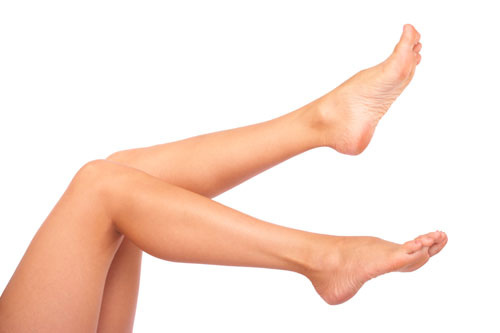Varicose Veins Treatment: Is It Necessary?

Varicose veins are those twisted and enlarged veins that develop in your feet and legs. Any vein can become a varicose vein but the veins found in the legs are always likely candidates. This can be attributed to the fact that the legs are often used in standing or walking and the veins are always subjected to pressure.
Varicose veins are actually very common. While others are only bothered because they are unsightly, they can be a cause of concern once they become painful and uncomfortable. Seeing a doctor immediately is recommended in similar cases.
There are also possibilities that the varicose veins might just be a symptom of other more serious vascular or circulatory problems. Again, in cases like this, a visit to the doctor should be in order. Early detection can help effectively manage and treat any conditions so it pays to never leave anything to chance.

Varicose veins treatment is usually not necessary in many cases. If a patient has varicose veins but it does not cause any discomfort or pain, then treatment may not be needed. Just to play safe, visit a doctor so it can be properly looked into as there are situations where treatment might be recommended.
